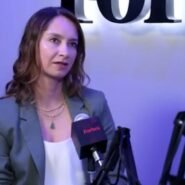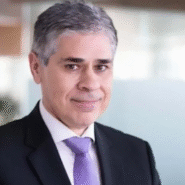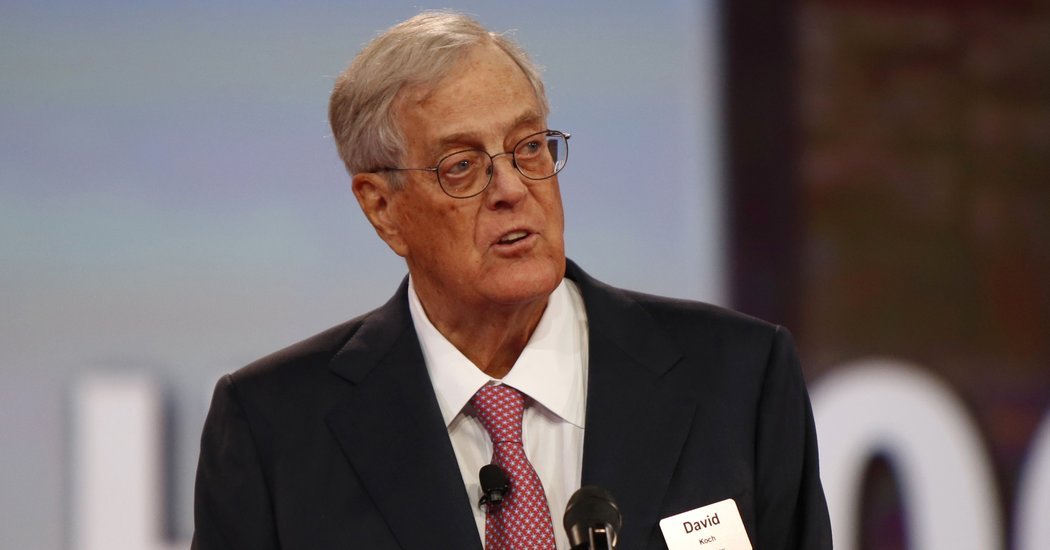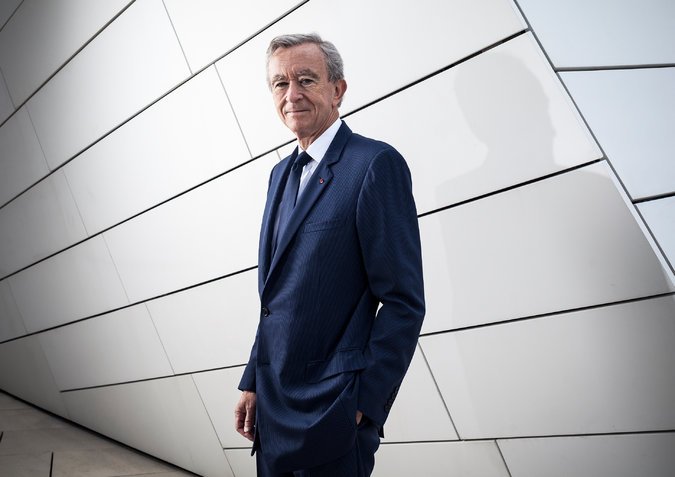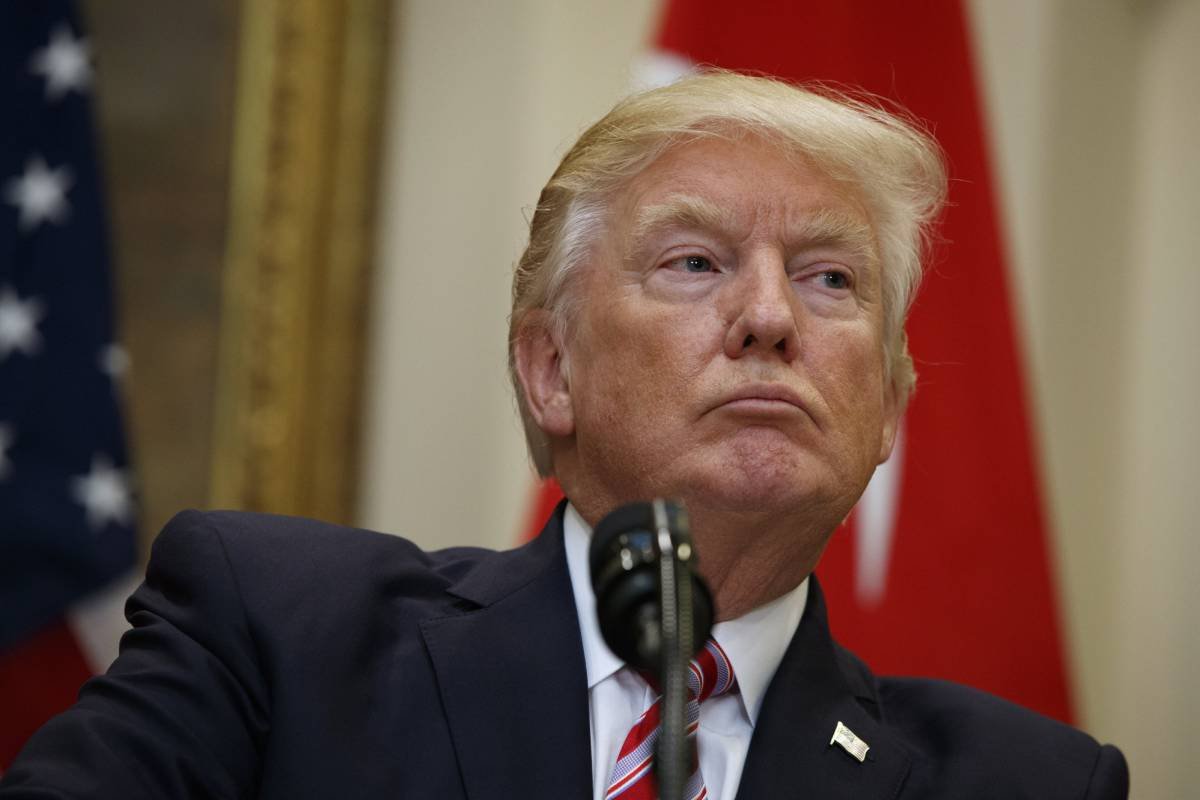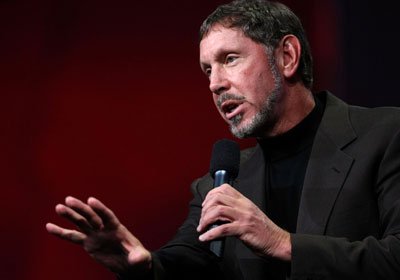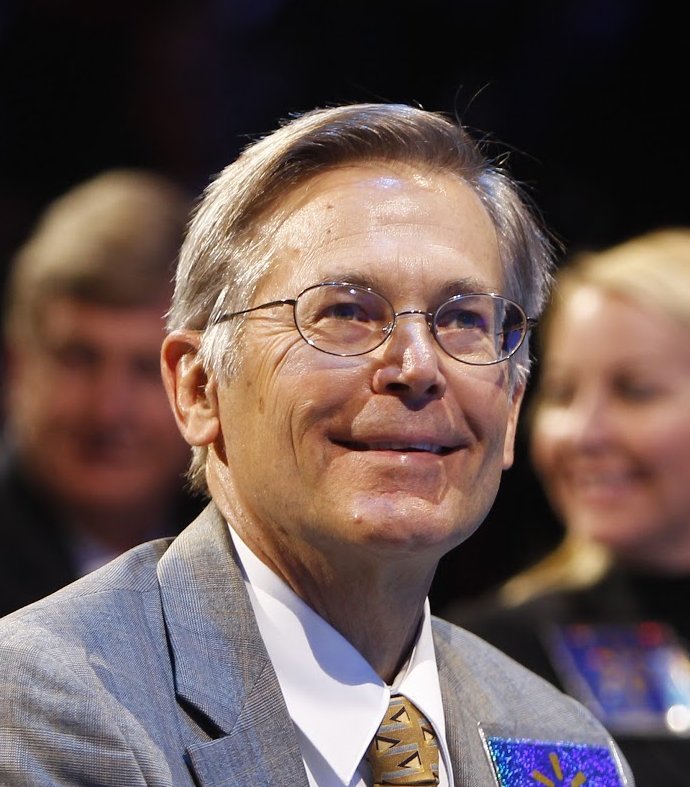David H. Koch was born in Wichita, Kansas, United States, on May 3, 1940. He was a businessman and co-owner, alongside his brother Charles G. Koch, of the company now known as Koch Industries. This American conglomerate comprises numerous subsidiaries dedicated to manufacturing, trade, and investments, with estimated annual revenues of around $100 billion. David and Charles bought out the shares of their two other brothers. According to Forbes, Koch Industries is the second-largest private company in the United States, after Cargill.
As of 2015, Forbes ranked him as the sixth-richest person in the world, with a net worth of $42.9 billion.
David was one of four children of Mary and Fred Chase Koch. His grandfather, Harry Koch, was a Dutch immigrant who settled in Quanah, a small town in western Texas, where he published the local newspaper, the Quanah Tribune-Chief. His father developed a new method for refining gasoline and built fifteen refineries for Stalin before founding Rock Island Oil & Refining. David graduated in 1959 from Deerfield Academy and went on to earn a degree in chemical engineering from the Massachusetts Institute of Technology. Like his brother Charles, he was a member of the Beta Theta Pi fraternity.
David served as executive vice president of Koch Industries. Together with Charles, he expanded their oil empire throughout Texas, Alaska, and Minnesota, while also growing the business into the chemical, paper, mineral, polymer, fertilizer, and financial services sectors. He once ran for vice president of the United States as a candidate for the Libertarian Party, challenging Ronald Reagan, whom he and his circle viewed as an enemy from their ultra-conservative standpoint.
Among his proposals were the elimination of the FBI and CIA, the abolition of Social Security and the minimum wage, full deregulation, and drastic tax reductions. He later joined the Republican Party after watching Reagan adopt many of the ideas the Libertarians had originally championed.
In 2008, David Koch donated $100 million to modernize the New York State Theatre at Lincoln Center, which now bears his name. He also gave $20 million to the American Museum of Natural History, where the dinosaur wing is also named after him.

